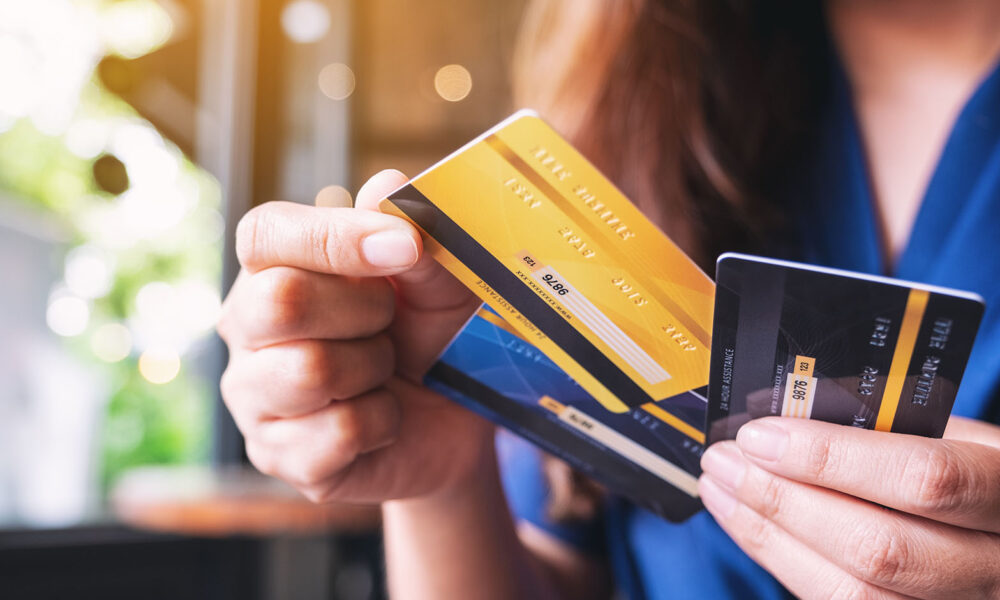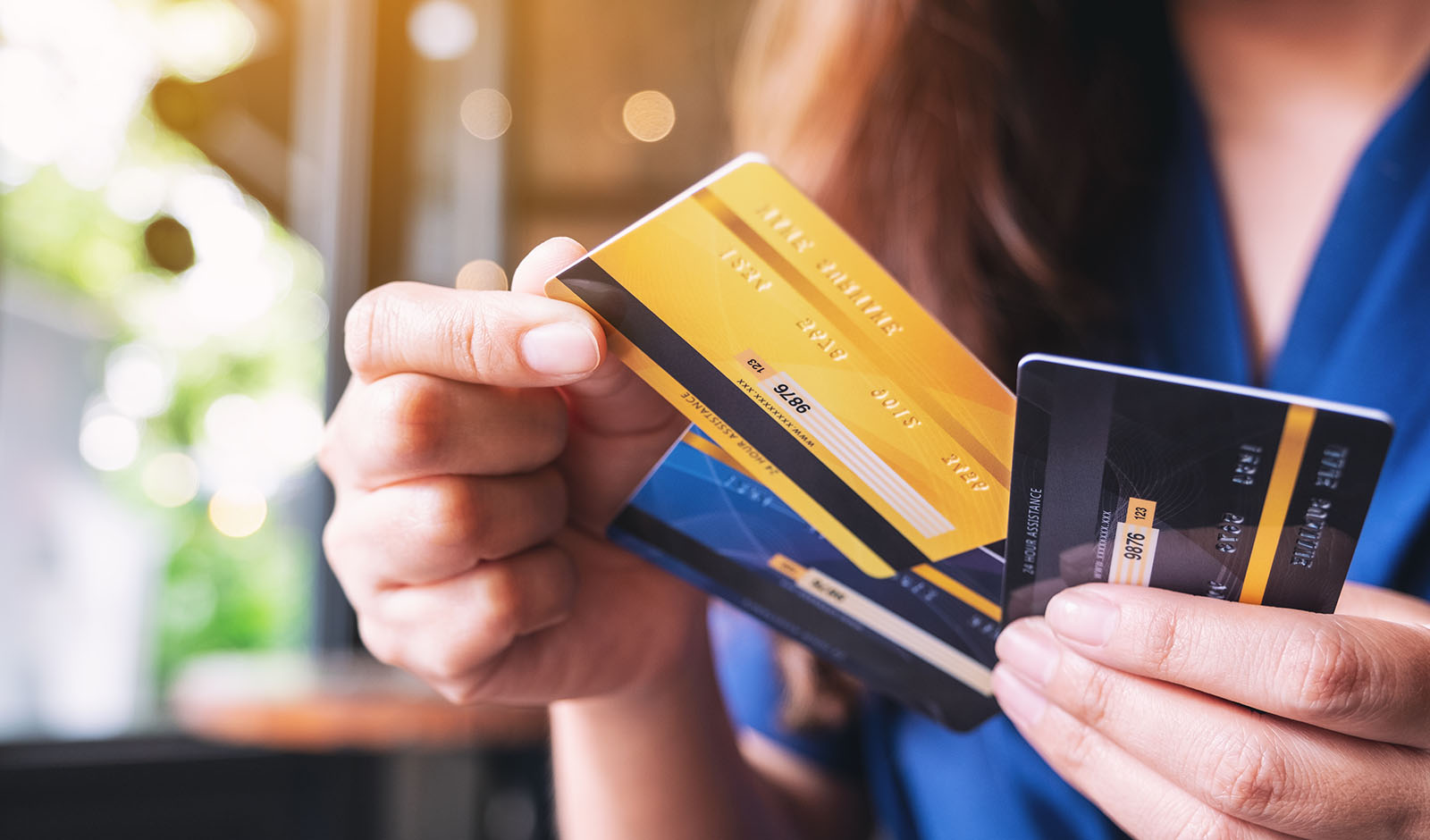

Rethinking how we approach kids’ gifts and considering the educational value of debit cards can be a beneficial perspective. Instead of traditional toys or material items, giving children debit cards can offer unique learning opportunities.
It’s important for parents and guardians to provide guidance, supervision, and ongoing conversations about money management to maximize the learning potential and ensure responsible financial habits.
Financial literacy
Introducing children to debit cards at an early age helps foster financial literacy. They gain hands-on experience in managing money, budgeting, and making informed spending decisions. These skills are crucial for their future financial well-being.
Busy Kid – best debit cards for kids have been declared the best option by parents and experts for a reason. This option teaches financial literacy, responsibility and independence.
Money management skills
Debit cards teach children the value of money and the importance of responsible spending. They learn to allocate funds, prioritize needs versus wants, and understand the consequences of their financial choices. These skills lay the foundation for effective money management later in life.
Tracking expenses
By using a debit card, children can track their expenses more easily. They become aware of where their money is going and develop the habit of reviewing and analyzing their transactions. This promotes a sense of financial accountability and awareness.
Goal setting and saving
Debit cards can encourage children to set financial goals and save for them. Whether it’s saving for a specific item, contributing to a future expense, or building an emergency fund, children learn the value of delayed gratification and the rewards of saving over time.
Digital literacy
In an increasingly digital world, proficiency in digital transactions is crucial. Debit cards provide children with an opportunity to learn about online and electronic payments, understanding concepts like card security, online shopping, and navigating digital banking platforms.
Risk management
Debit cards can teach children about risk management. They learn to protect their personal information, safeguard their cards and PINs, and recognize potential fraud or scams. These lessons promote responsible behavior and enhance their financial security.
Entrepreneurial skills
Children with debit cards can explore entrepreneurial ventures such as selling homemade goods or providing services to earn money. They learn about pricing, profit margins, and managing income and expenses, fostering an entrepreneurial mindset from a young age.
Credit card as tool for learning
Understanding credit and debt
Credit cards provide a practical way for children to understand the concept of borrowing money and incurring debt. By using a credit card responsibly, children can grasp the importance of paying back borrowed funds, interest rates, and the consequences of carrying a balance.
Budgeting and spending limits
With a credit card, children can learn to set and manage spending limits. By establishing a predetermined credit limit and discussing the importance of staying within that limit, they develop budgeting skills and practice self-control in their spending habits.
Building credit history
Responsible credit card usage can help children start building their credit history early on. They learn that making timely payments and maintaining a good credit score can open doors for future financial opportunities, such as getting approved for loans, renting an apartment, or even securing employment.
Tracking expenses and financial organization
Credit card statements provide a detailed breakdown of transactions, making it easier for children to track their expenses and practice financial organization. They can learn to review statements, categorize expenses, and gain a clear picture of where their money is going.
Responsible payment management
By having a credit card, children learn about the importance of making payments on time and in full. They understand the impact of late payments, fees, and interest charges. This teaches responsibility and accountability in meeting financial obligations.
Comparison shopping and financial decision-making
Credit cards offer benefits such as rewards programs and consumer protections. Children can learn to compare offers, evaluate interest rates and fees, and make informed financial decisions. They develop critical thinking skills and become more conscious consumers.
Fraud prevention and security
Teaching children about credit card security and fraud prevention is crucial. They learn to protect their personal information, recognize potential scams, and understand the steps to take if their card is lost or stolen. These lessons promote financial security and responsible behavior.
Conclusion
It’s important to note that using a credit card for educational purposes requires careful guidance and supervision. Parents or guardians should set clear rules, establish spending limits, and regularly discuss financial matters with their children. By fostering open communication and providing a supportive environment, a credit card can serve as a valuable tool for teaching financial literacy and instilling responsible financial habits.























